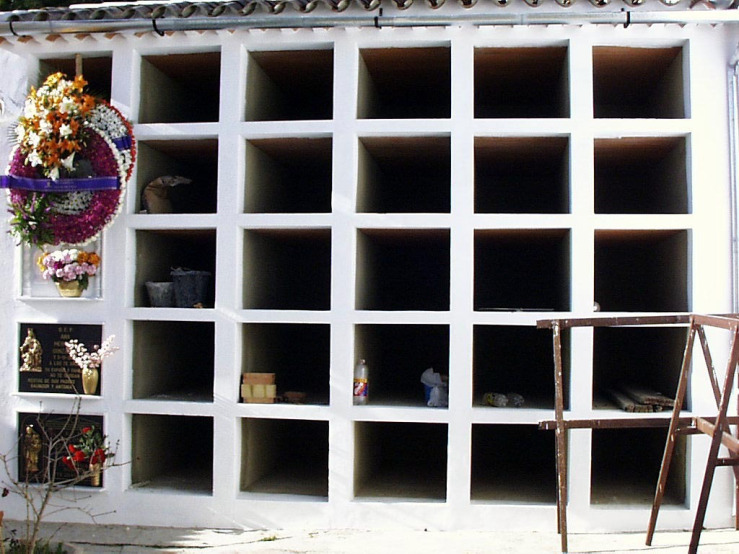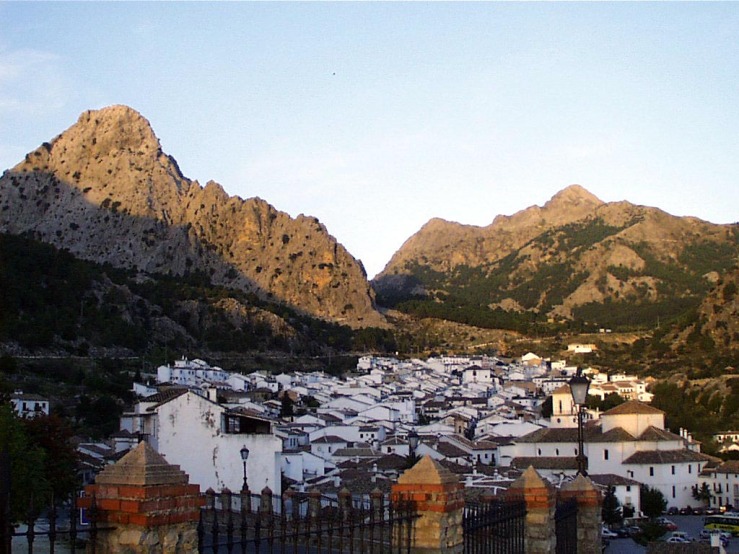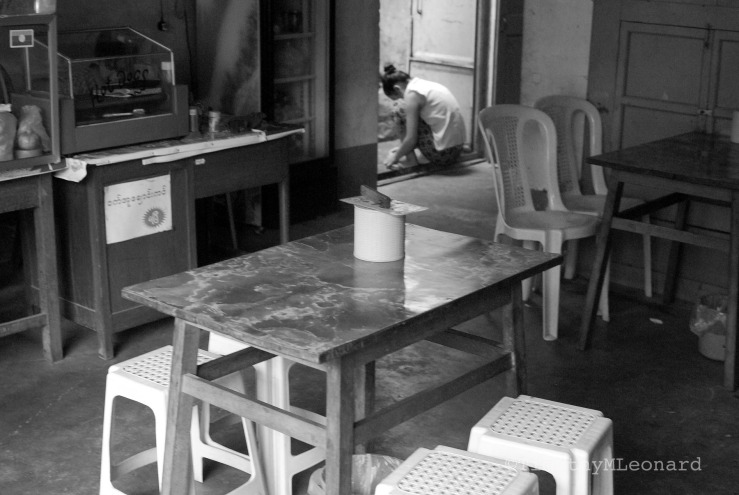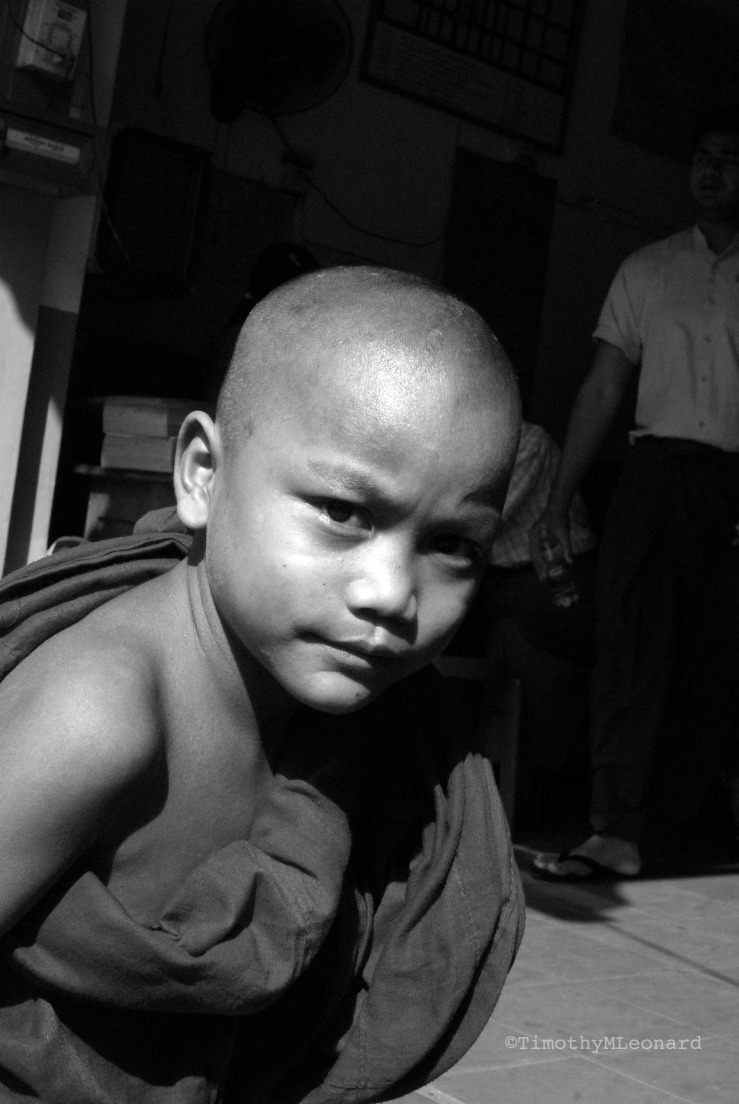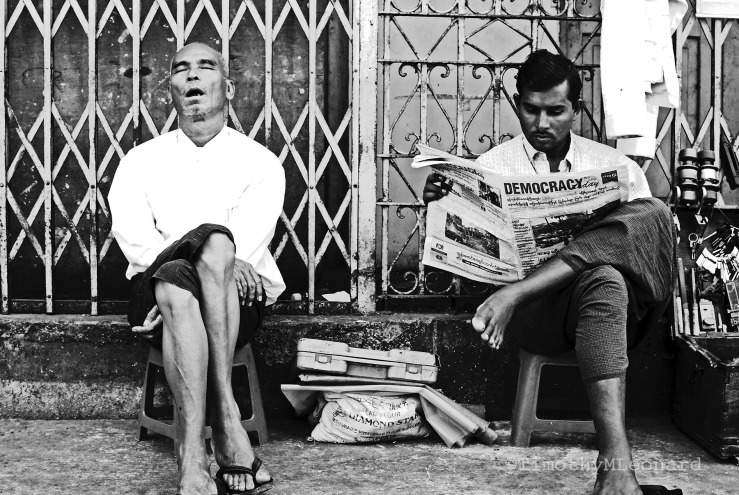Room 317, Yang-en University, Fujian, China
He liked her immediately.
She knew how to wear her sadness with dignity. It was a warm, comfortable security blanket woven in threaded hopes, dreams, lies, beauty and love. He didn’t feel pity for her potential rising like a bird leaves a branch toward higher sky.
Her meditation involved multiple personalities - student, wife, lover, worker, artist, laborer, dancer, commodity broker and teacher. She played an actress pretending to be someone else in her life’s play. Do not break character.
She was all he had at the moment. Time stopped for him swallowing all the tears she’d never cry. Perhaps it was deeply ingrained Confucian cultural modesty masks forbidding her the luxury of being open, real, honest, and human. Hide your true face, said Mask. Your face eats your mask.
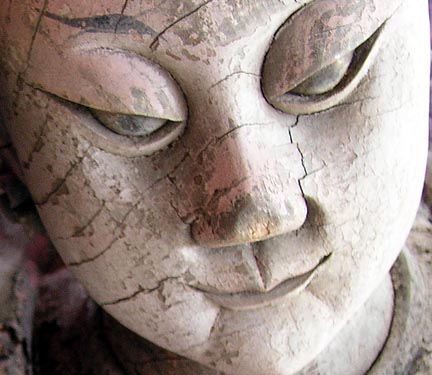
She lived in a time warp where emotions were controlled and rationed by parents, Party leaders and invisible social ghosts.
A tight feeling constricted her throat. She wanted to scream, ”Help me please, I am dying of infinite inexorable sadness.”
No one heard her silent scream. Peasants, students and teachers were busy, busy, busy staring at cell phones reading/texting 5,000-year old characters. Word pictures.
Ideograms symbolized the idea of a thing without the sound used to articulate it. A day in the life peering down, down, down at a green ionized electronic glowing screen. Their universe encapsulated screaming screened electrons.
They were auditioning for walk-on roles as student and teacher character actors at a private Chinese business university of 15,000 students.
They needed to stand out, to find the essence of robotic behavior where daring wasn’t fatal. Express their inner emotional state with abject distraction. Where their self-esteem and courage nurtured support, respect and empathy in their longing.
They had latent desire.
Their struggle was for jobs, money and social position.
They’d accept financial filial piety responsibility for aging parents. If married they’d support four parents. The iron rice bowl theory of a guaranteed collective security network collected dust in history’s rubbish bin. It was discarded with state housing, state jobs, and state health care.
She lived in a Brave New World.
She knew this and failed to accept it. Her consciousness shift grasped fragmentary what ifs and maybes.
“If students spent as much time looking forward as they do behind they’d make amazing profound progress,” she thought, approaching old campus.
She inhaled the sweet scent of yellow, pink and red wild roses outside barred windowed classrooms near the stinking W.C. basement where school guards planted green vegetables in trash strewn plots.
She trimmed dead stems with her Tibetan knife, caressed a thorn piercing her heart and severed one fresh rose. She carried it through a gate and up uneven cement stairs evolving into a paradigm shift. She was always early and well prepared.
White chalk dust covered the teacher’s podium in room 317. She lived, breathed, swallowed and spoke white chalk dust. On a broken blue table in the corner was a small green plastic bucket filled with water. Dust floated on the surface.
She opened the window, picked up a torn crumpled rag, soaked it and squeezed it out.
She placed the rose in a cup of water and put it on the podium.
Stubs and nubs of white chalk littered the podium. She collected fragments of academic history, an ancient educational memory scattered by a previous teacher. They always left a mess of exculpatory evidence.
She placed them in a box of discarded chalk next to the water bowl and blew white dust scattering flying powder elements into the air dispersing particles. After wiping down the podium, she rinsed and squeezed out the rag, hanging it to dry on the windowsill. She looked out.
Rolling green Fujian hills and a large blue lake escaped her eyes. An old weather-beaten woman farmer behind a red brick wall tilled soil to plant vegetables. Motorbikes heavy with woven wicker baskets spilling vegetables, toilet paper, apples, gas canister and wide-eyed children chugged along a cracked cement road.
Ancient blue one-cylinder rusty miniature dump trucks loaded with white granite blocks rumbled past fuming diesel exhaust, throwing red clay dust into the air where it collided with white chalk dust escaping room 317.

It was a poor landlocked rural peasant infected paradise.
The Boss died last year. She attended his ceremony in the Great Hall at his campus villa. She wore white as a sign of respect for the dead. Her ghost persona sang a comfortable sadness past rows of flowers to the casket. She bowed. His thin white mustache face reflected glass smudged with fingerprints.
He reminded her of a Tang poet living in solitude inside a long Chinese painting where wind whispered songs with trees, mountains and stars.
After his death and passing tribute, students began holding hands in public. His private army of guards lost their power to intimidate, coerce and extort money from adolescents displaying affection in public. Guards roared around on bikes with flashing red lights looking important and, if motivated to survive, begged for jobs slinging hash, cleaning tables, and peeling vegetables behind student restaurants.
Hundreds of local villagers, officials, educational specialists, farmers, teachers and drones followed the funeral procession to a hill overlooking the campus.
They put him in the ground and exploded fireworks to scare away running capitalist dogs and ghosts. They returned to fields, kitchens, gardens, offices and classrooms.
A year later the school started building a grand tomb for their dead leader on a hill above the computer center building. It cost $261,591,79.
Small change.
Turning away from the window she selected yellow, blue, orange, and green chalk from a seldom-used box.
She wrote on the blackboard:
I hear and I forget.
I see and I remember.
I do and I understand.
She drew a picture of a face with bubble words - “I am an autodidact. You are responsible for your learning.”
She splashed rainbows, suns, faces, laughter's wild memory and imaginary abstract colors on a green canvas, barely scratching the surface of appearances.
An obnoxious loud rusty metal bell clanged for fifteen seconds. She turned and faced 100 university students. They were physically eighteen with the emotional maturity of a thirteen year old. This disparity explained why the university treated them like children to keep them in their childlike space place.
They had “Sports Meetings” on the “Playground.”
They had “Nap” time after lunch.
Maybe twenty-five cared about learning. Most just wanted to pass. Some might ask questions and develop a life long love for learning, knowledge and wisdom.
Anyone asking why was reported by spies to authorities and disappeared. Poof.
A rare one possessed an innate creative playful inquisitive nature. The majority slept with their eyes open. Lights on and no one home paradigm.
She smiled. Her sadness evaporated. She inhaled delicious dust and spoke in tongues.
“What color are your dreams?”
“Stop making sense!” yelled a student. “What’s the context? Critical thinking skills with humor and curiosity are forbidden! ”
They whined in unison, “We are worried about our marks, not learning the material. 60 is heaven. 59 is hello.”
“People are more affected by how they feel than by what they understand,” she said.
“We know so much and understand so little,” said Curious, a bright star in the universe. "I want to be a waif when I grow up. A real person with dignity and self-respect.”
During meditation they heard an authoritarian Mandarin voice yelling next door.
“The bent nail gets hammered down!”
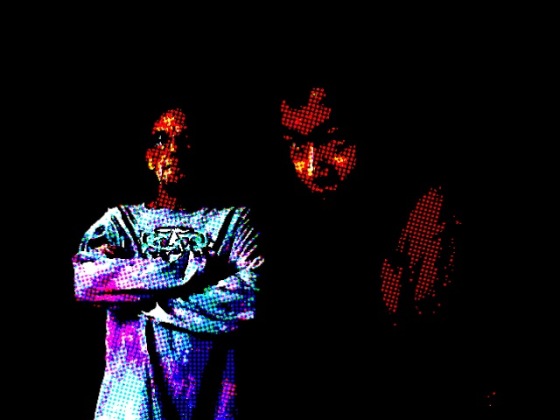






 Share Article
Share Article 
